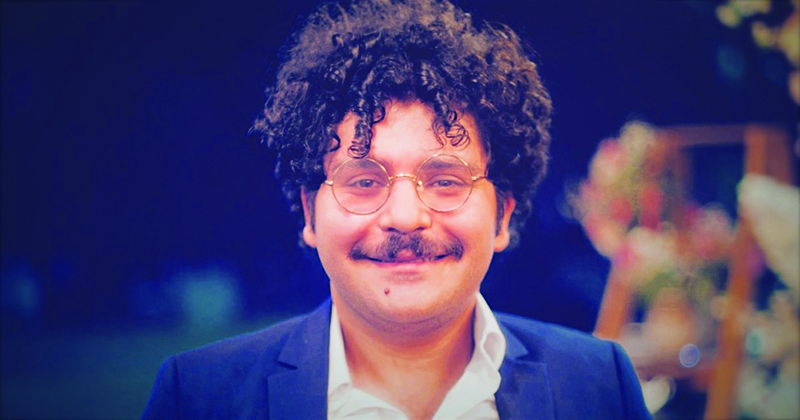CAIRO: An Egyptian court ordered the release yesterday of researcher Patrick Zaki, whose detention last year sparked international condemnation and further strained ties with Italy where he had been studying, his family said. "I'm jumping for joy!" his mother Hala Sobhi told AFP. "We're now on our way to the police station in Mansoura," Zaki's home city in Egypt's Nile Delta.
Zaki still faces charges of "spreading false news", "harming national security" and "incitement to overthrow the state", among others. His trial has been postponed to February, according to the Egyptian Initiative for Personal Rights (EIPR), an NGO with which he worked. In September, Zaki was referred to trial before an exceptional state security court for an article containing excerpts from his personal diary recounting the discrimination faced by the country's Coptic Christian minority.
Coptic Christians make up about 10-15 percent of the country's population of more than 100 million. Amnesty International previously said Zaki had allegedly been tortured while being interrogated by national security officers, including using electric shocks and beating. In June, his mother told AFP: "When I imagine his confinement, I feel like I'm suffocating... We thought he'd be jailed for a few weeks, but it has gone on for over a year."
'First goal achieved'
Zaki's detention in February 2020 drew condemnation, particularly in Italy, where he had been a student at the University of Bologna. Tensions between Cairo and Rome have continued to simmer over the killing of Italian PhD candidate Giulio Regeni in Egypt in 2016. Regeni's dead body was found dumped on the outskirts of Cairo bearing signs of torture, days after he went missing on the fifth anniversary of the January 25 uprising. In October, the trial of four Egyptian security officers in Rome for the murder of the Cambridge University graduate was thrown out. The judges ruled the officials could not be tried in absentia because prosecutors had been unable to officially inform them of the judicial process against them.
An Italian parliamentary commission report recently blamed his torture and death on Egypt's state security apparatus. Thousands in Italy had signed petitions calling for Zaki's release, and the country's senate in April voted to grant him Italian citizenship, allowing him to receive consular support. Italy's Prime Minister Mario Draghi said in a statement Tuesday he was pleased "with the release of Patrick Zaki, whose case has been and will be followed with the utmost attention by the Italian government". Shortly after the court's decision, Italian Foreign Minister Luigi Di Maio tweeted: "First goal achieved: Patrick Zaki is no longer in prison... A dutiful thanks to our diplomatic corps."
Restricted space for dissent
Egypt's space for dissent has been severely restricted since President Abdel Fattah al-Sisi took office in 2014, with an estimated 60,000 political prisoners in jail according to rights groups. Authorities have particularly targeted EIPR in recent years. Hossam Bahgat, who founded the rights group and was fined by a court last month for an "insulting" tweet, welcomed the news of Zaki's release, writing "Thank God" on social media.
Three EIPR staff were jailed last year, sparking an international campaign supported by celebrities including Hollywood star Scarlett Johansson that resulted in their release. Several other researchers have been jailed, including Ahmed Samir, a postgraduate student at the Central European University in Vienna, and Kholoud Amer, head of the translation unit at the Library of Alexandria. - AFP
.jpg)

